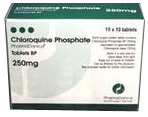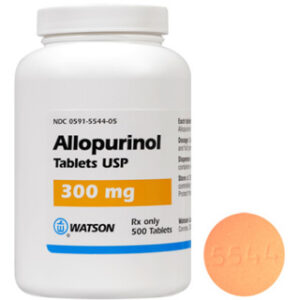Overview of Risperdal
Risperdal, with the generic name risperidone, is an antipsychotic medication approved by the FDA for the treatment of various mental health conditions. It belongs to the class of drugs known as atypical antipsychotics or second-generation antipsychotics.
Indications and Usage
Risperdal is indicated for the treatment of schizophrenia in adults and adolescents ages 13-17 years, for short-term treatment of acute manic or mixed episodes associated with Bipolar I Disorder in adults and in pediatric patients ages 10-17 years, and for treatment of irritability associated with autistic disorder in children and adolescents ages 5-16 years.
Dosage Forms and Strengths
Risperdal is available in various dosage forms, including tablets, orally disintegrating tablets, and oral solution. Tablets come in 0.25 mg, 0.5 mg, 1 mg, 2 mg, 3 mg, and 4 mg strengths. Orally disintegrating tablets are available in 0.5 mg, 1 mg, 2 mg, 3 mg, and 4 mg strengths. The oral solution is available as a 1 mg/mL concentration.
Administration Guidelines
Risperdal should be administered once or twice daily with or without food. Orally disintegrating tablets should not be pushed through the foil but carefully opened and immediately taken. The oral solution should be measured with the provided calibrated pipette and can be mixed with water, coffee, orange juice, or low-fat milk, but not with tea or cola.
Dosage Adjustment Considerations
The dosage of Risperdal may need adjustment in the presence of renal or hepatic impairment. It should be dosed at lower starting and maintenance doses in these patients due to slower metabolism and clearance. Elderly patients, especially those with dementia-related psychosis, typically require lower dosages.
Dosing for Specific Conditions
In schizophrenia, initial dosing for adults is usually 2 mg/day, which may be increased to 4 mg/day, while in adolescents, initial dosing starts at 0.5 mg/day. For Bipolar Disorder, adults may start at 2 or 3 mg/day, with subsequent adjustments, whereas pediatric patients might begin with 0.5 mg/day. For irritability in autistic disorder, children typically start at 0.25 mg or 0.5 mg per day depending on weight.
Pharmacological Mechanism
Risperdal works by blocking dopamine D2 receptors and serotonin 5-HT2A receptors in the brain, which helps to regulate mood and behavior. Risperidone has a higher affinity for serotonin receptors than dopamine receptors, which may contribute to its unique clinical profile.
Metabolism and Elimination
Risperdal is metabolized in the liver primarily by the enzyme CYP2D6 and to a lesser extent by CYP3A4. It has an active metabolite, paliperidone. The medication and its metabolites are excreted through both the urine and feces.
Drug-Drug Interactions
Risperdal can interact with medications that also are metabolized by CYP2D6 or CYP3A4, potentially affecting plasma levels of risperidone or the co-administered drug. It can also potentiate the effects of other CNS depressants and antihypertensive agents and may diminish the effectiveness of levodopa and other dopamine agonists.
Common Adverse Effects
Common adverse effects of Risperdal include extrapyramidal symptoms (such as tremors and rigidity), drowsiness, dizziness, fatigue, constipation, dyspepsia, nausea, anxiety, nasopharyngitis, weight gain, increased appetite, upper respiratory tract infection, and increased saliva production.
Special Patient Populations
Pediatric and elderly patients may respond differently to Risperdal. Dosage adjustments, close monitoring for side effects, and consideration of the overall risk-benefit profile are crucial in these populations, particularly because elderly patients with dementia-related psychosis are at an increased risk of death.
Overdosage and Treatment
Symptoms of Risperdal overdose may include somnolence, sedation, tachycardia, hypotension, and extrapyramidal symptoms. In the event of an overdose, establish and maintain an airway and ensure adequate oxygenation and ventilation. Gastric lavage and the administration of activated charcoal may also be warranted.
Monitoring and Laboratory Tests
Regular monitoring of weight and metabolic parameters is recommended due to the risk of weight gain and diabetes. Prolactin levels should be monitored since Risperdal can elevate prolactin levels. Periodic assessment of renal and hepatic function may be necessary.
Pregnancy and Lactation
Risperdal should be used during pregnancy only if the potential benefit justifies the potential risk to the fetus. It is not recommended for use during breastfeeding since risperidone and its metabolite are excreted in human breast milk.
Storage and Handling
Store Risperdal tablets and orally disintegrating tablets at controlled room temperature, away from light and moisture. Store the oral solution in the refrigerator; do not freeze. After initial opening, the product should be used within a certain number of days as specified in the product labeling.






Reviews
There are no reviews yet.